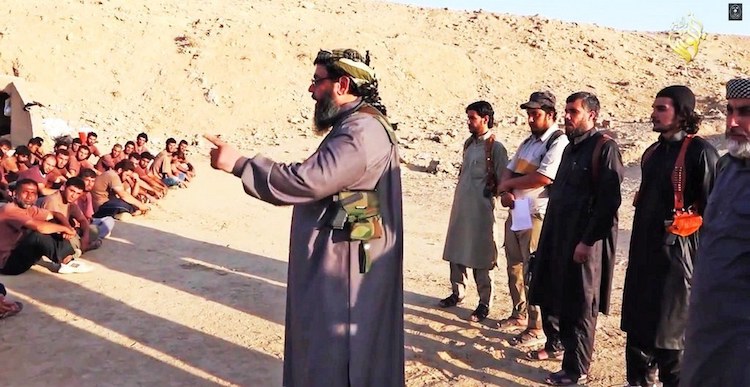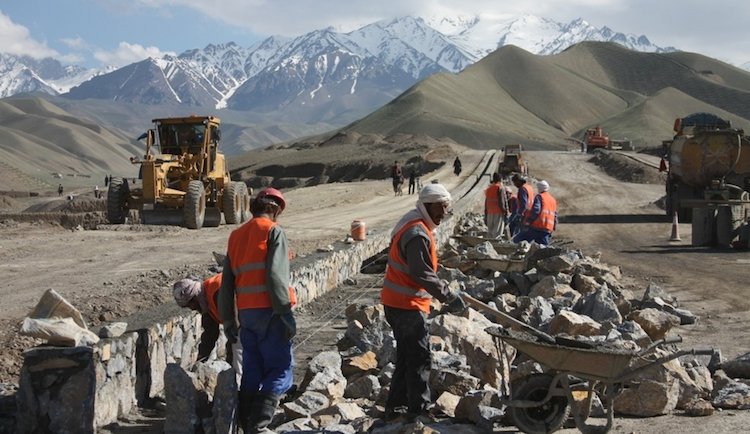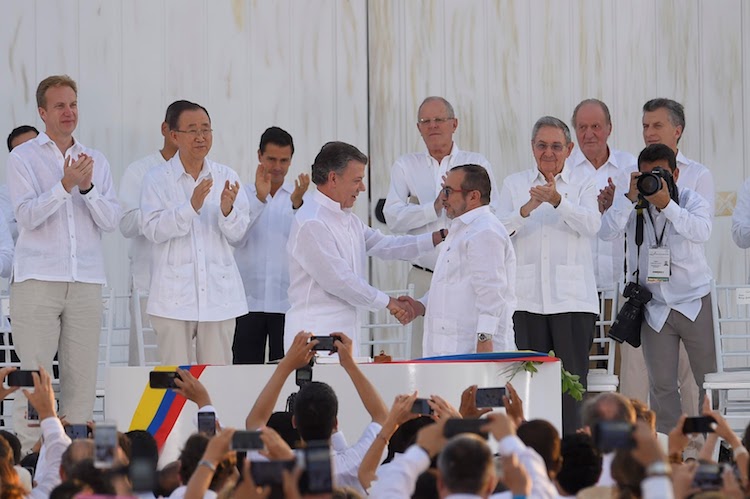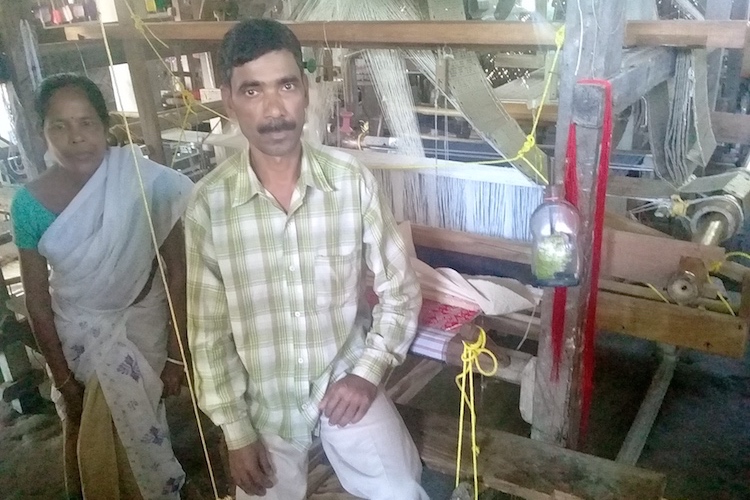Viewpoint by Jonathan Power* LUND, Sweden (IDN-INPS) – What drives people to extremes? Why do the people behind Wahhabism, Al-Qaeda or the Islamic State (IS) get so charged up and angry? Perhaps to understand we should go back to the 16th century in Europe and the furious debate about the “divine right of kings”. For […]
Religious Scholars Discuss Peace-building in Afghanistan
By J Nastranis NEW YORK (IDN) – Religious leaders came together in support of efforts to build a culture of tolerance and non-violence in Afghanistan at an event organized by the Bamyan regional office of UN Assistance Mission in Afghanistan (UNAMA). More than 30 scholars, including female scholars from different religious institutions attended the event […]
Security Council Delegation Visits Kabul Before Kazakhstan Assumes Presidency for January
By J Nastranis NEW YORK (IDN) – Kazakhstan is a non-permanent member of the UN Security Council for 2017-2018. Ambassador Kairat Umarov, the Permanent Representative of Kazakhstan to the United Nations, chairs the Council’s Committees 1988 on the Taliban movement and 1267 on ISIL (Da’esh) and Al-Qaida. Nearly two months ahead of Kazakhstan assuming the […]
COP23 Finally Provides a Platform for Indigenous People on Climate Talks
By Stella Paul BONN (IDN) – Patricia Gualinga has been coming to the UN climate change conferences for several years. She usually receives 2-3 minutes on a panel of a side event on indigenous issues during which she tells about the struggles of her community – the Kichwas of Ecuador. The struggles are, typically, of […]
Were ‘Timochenko’ to Become President of Colombia
Viewpoint by Marcelo Colussi* GUATEMALA CITY (IDN) – Rodrigo Londoño Echeverri, known by his nom de guerre ‘Timochenko’, of the Revolutionary Armed Forces of Colombia (FARC) has recently announced that he intends to run for the presidency of his country. It is difficult to predict what will happen in the next presidential elections in May […]
Further, Faster, Together On Climate – From Bonn To Katowice
By Ramesh Jaura BONN (IDN) – The two-week long intensive and multilevel talks concluded in Germany’s former capital city in the early hours of November 18 tasking the negotiators to focus on ‘Where are we, where do we want to go and how do we get there?’ before they meet in Poland in December 2018. […]
Climate Change Impact in Asia-Pacific Needs Innovative Finance Solutions
By Jaya Ramachandran BONN (IDN) – While global estimates range between US$55 trillion and $93 trillion to stay within 2 degree Celsius of temperature increase by 2030-2035, developing countries in Asia alone need an estimated US$3.6 billion per annum up to 2030 to transition toward net zero emissions and increased resilience, according to ESCAP News. […]
Inaction is Not an Option in the Face of Climate Emergency
By John Scales Avery* John Scales Avery is a theoretical chemist noted for his research publications in quantum chemistry, thermodynamics, evolution, and history of science. Presently an Associate Professor in quantum chemistry at the University of Copenhagen, he is working on a book with the title ‘THE CLIMATE EMERGENCY: Two time scales’. A first draft […]
Traditional Silk Weavers in India Losing Out To New Comers
By Kalinga Seneviratne SUALKUCHI, Assam, India (IDN) – Silk weaving is an intrinsic part of Assamese culture and the “weavers’ village” of Sualkuchi is famous for its silk products, especially the Muga silk made from the golden thread of the assama caterpillar. Situated about 30 km from Gauhati, the state capital, tourist brochures describe this […]
Kenya A beacon of Hope, says UNDP Representative Siddharth Chatterjee*
BERLIN | NEW DELHI (IDN-INPS | WION) – Major Siddharth Chatterjee (Retd), the United Nations (UN) Resident Coordinator and the UNDP Resident Representative in Kenya, a humanitarian and development professional, a feminist and a passionate advocate for youth empowerment who has served in many war-ravaged and fragile parts of the world spoke exclusively to WION about his passion […]








